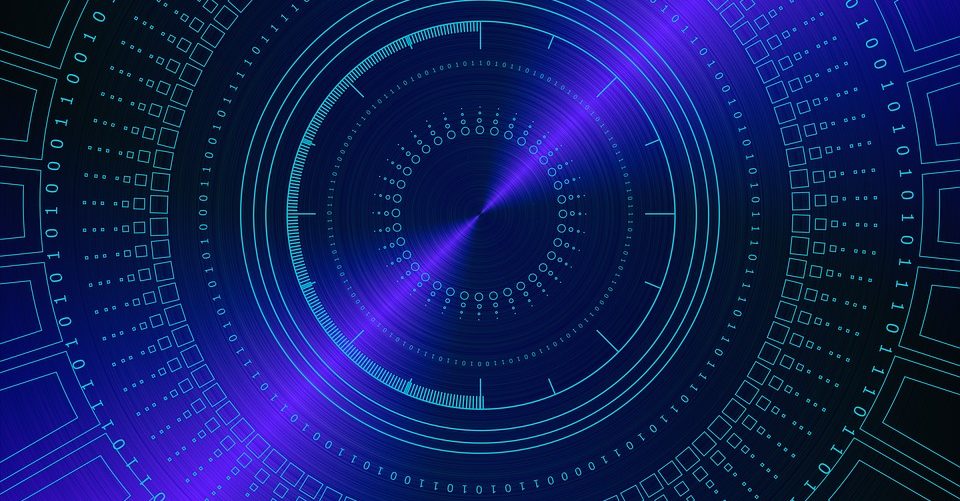
Peter Ocsody Writes Doctoral Thesis on Serial Tech Venturing

PhD graduate Peter Ocsody

Receiving the Outstanding Student Award from Professor Dennis Heaton
(photo by Jim Davis)

Professor Scott Herriott performing the hooding ceremony during commencement
(photo by Jim Davis)

With Professor Richard Thompson (left), wife Katie Ocsody ’99, and Professor Dennis Heaton (right)
Peter Ocsody was one of MUM’s five PhD graduates this year, and he received the Outstanding Student Award in business administration for his dissertation on the qualities of serial tech startup founders.
Peter learned the Transcendental Meditation® technique in Hungary, where he studied economics and engineering. He came to MUM in 1991, earned an MBA with an emphasis in organizational development, and completed his coursework for his PhD in management.
Then he went on to work for several tech-based companies and created his own startups. As a consultant he helped the development of startups and small businesses and produced workshops and courses for aspiring entrepreneurs.
Over the past five years, he has built an entrepreneurial accelerator program in Florida. Currently, he is the chief strategy and operations officer at the Southwest Florida Community Foundation and Collaboratory, which helps develop the entrepreneurial ecosystem in the region and provides resources and education to venture and social entrepreneurial organizations.
In 2014 Peter completed an advanced project management certificate at Stanford University, which inspired him to finish his PhD at MUM. He wanted to discover the inherent qualities that drive entrepreneurs forward in the sequential genesis of multiple tech ventures.
After interviewing 22 serial tech entrepreneurs, he applied the grounded theory research methodology and various software to find shared characteristics, which he distilled into four attributes: elastically nonconforming, abstracted serial monetizing, tech passioning, and heroed enterprising. According to his theory, habitual tech startup founders exhibit some mix of these four attributes.
When searching for parallels between Maharishi Vedic ScienceSM and his research, he discovered pairs of opposite qualities coexisting harmoniously. “Entrepreneurs need to balance opposites, and the better they are at it, the higher their chance of building a lasting enterprise,” said Peter. “That’s what you do during the practice of the TM technique. You are more and more able to fluidly integrate opposites and create wholeness.”
From his own experience, Peter found that practicing the TM technique helps him maintain inner stability. “Entrepreneurship is highly unpredictable,” he said. “You have to have a strong internal locus of control, which means that you define yourself by yourself. TM really helps with being self-referral.”
Peter is currently working on several articles based on his research he wants to publish in professional journals. The model he developed can provide practical feedback to entrepreneurs about their strengths and weaknesses to determine what their focus should be. In addition, startup founders can learn in what domains they need supplementation via other entrepreneurs to create a viable enterprise.
